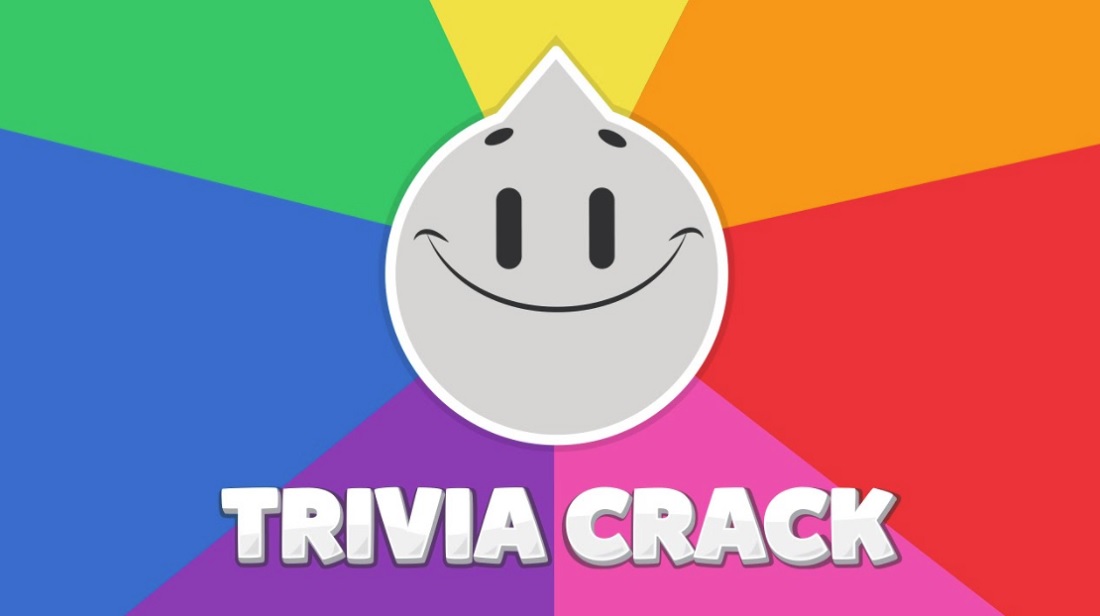Here’s some trivia about the world’s most popular trivia game. Trivia Crack has more than 300 million users. Those players have answered more than 77 billion questions, and they answer more than 2 million questions per minute. One user has answered more than 622,000 questions.
This mobile game was built in 2013 by a small group of people at Etermax in Buenos Aires, and it has put Argentina on the game industry map. I talked to Maximo Cavazzani, CEO of Etermax about the tremendous reach of the game across the world and how it is still one of the top-ranked games in the trivia category. And the company has been able to keep Trivia Crack in the top ranks without ever having to do paid advertising.

Unlock premium content and VIP community perks with GB M A X!
Join now to enjoy our free and premium membership perks.
![]()

![]()